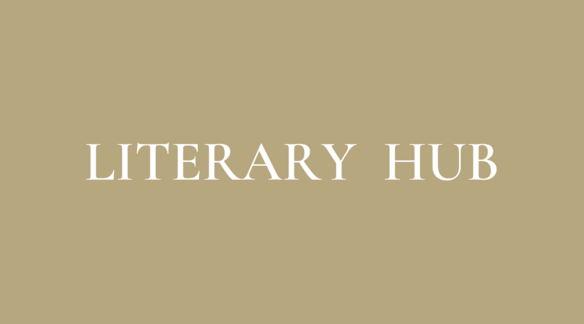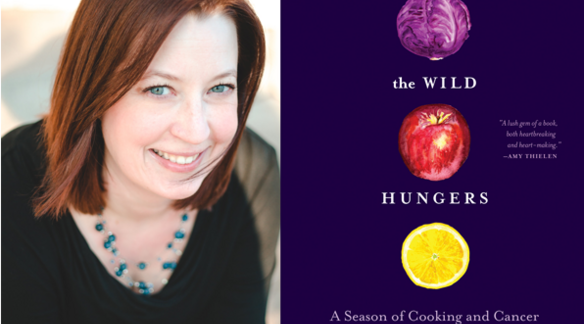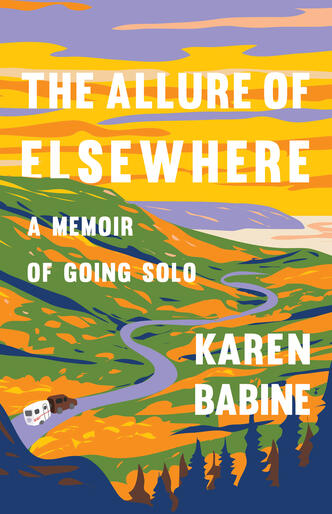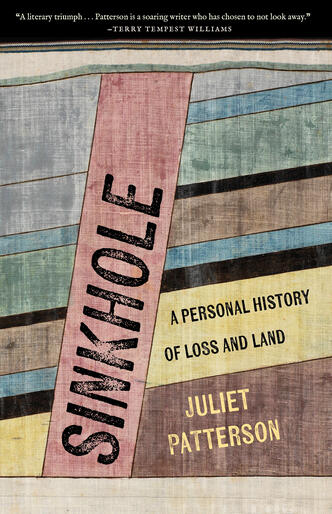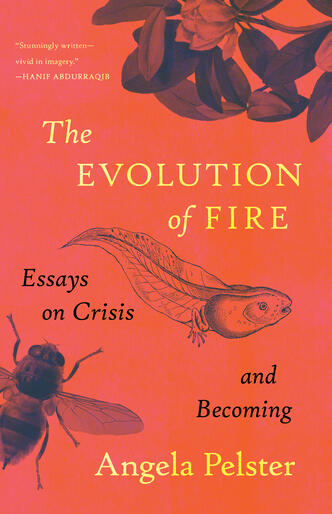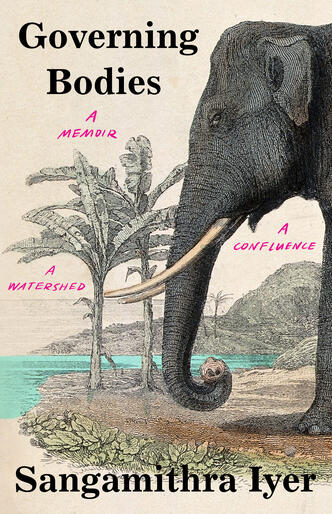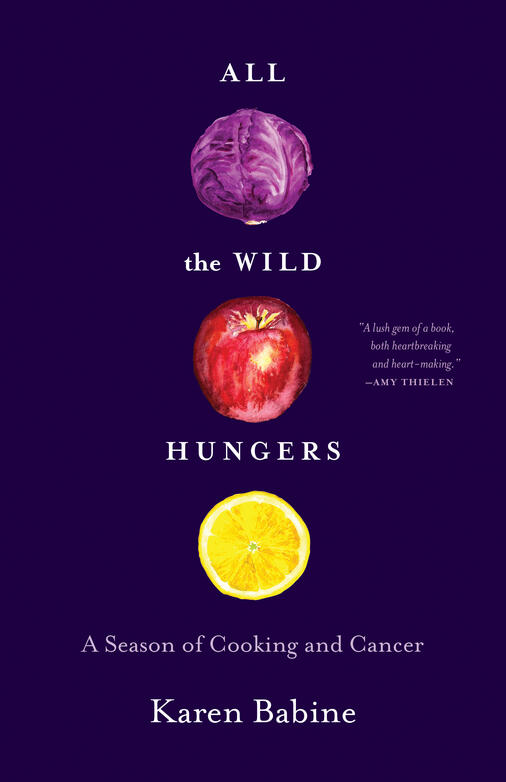
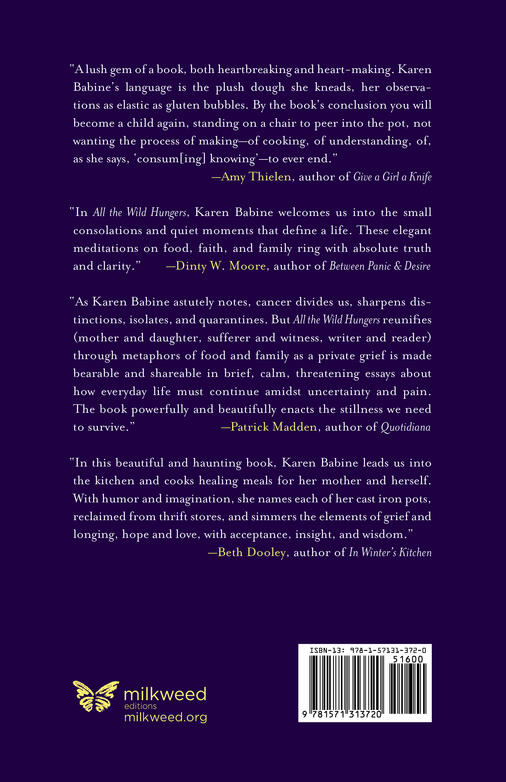
All the Wild Hungers
Winner of the Minnesota Book Award in Memoir & Creative Nonfiction
“My sister is pregnant with a Lemon this week, Week 14, and this is amusing. My mother’s uterine tumor, the size of a cabbage, is Week 30, and this is terrifying.”
When her mother is diagnosed with a rare form of cancer, Karen Babine—a cook, collector of thrifted vintage cast iron, and fiercely devoted daughter, sister, and aunt—can’t help but wonder: feed a fever, starve a cold, but what do we do for cancer? And so she commits herself to preparing her mother anything she will eat, a vegetarian diving headfirst into the unfamiliar world of bone broth and pot roast.
In these essays, Babine ponders the intimate connections between food, family, and illness. What draws us toward food metaphors to describe disease? What is the power of language, of naming, in a medical culture where patients are too often made invisible? How do we seek meaning where none is to be found—and can we create it from scratch? And how, Babine asks as she bakes cookies with her small niece and nephew, does a family create its own food culture across generations?
Generous and bittersweet, All the Wild Hungers is an affecting chronicle of one family’s experience of illness and of a writer’s culinary attempt to make sense of the inexplicable.

